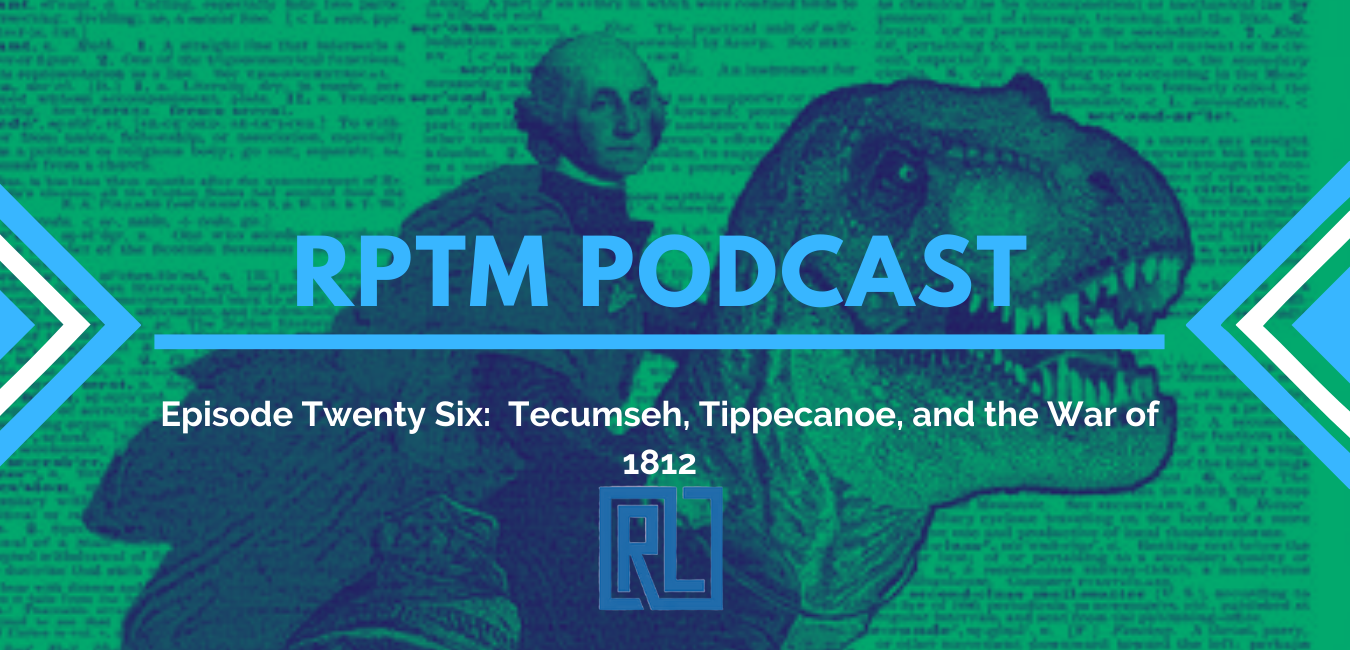|
Next on the pseudo-history deep dive is cherry-picking. Cherry-picking is a logical fallacy when someone focuses only on evidence that supports their stance while ignoring evidence that contradicts it. For example, a person who engages in cherry-picking might mention only a few studies out of all the studies published on a particular topic to make it look as if the historic consensus matches their stance. Cherry-picking can impact how people think and, therefore, how people research in the historical community. For example, one issue that has been known to be problematic in research is creating a thesis after the cause of a historical event is already known. In this situation, people sort through information, looking specifically for data, samples, and interpretations that give potential solid support for their thesis, even though doing this negates the validity of the research. This phenomenon is true in many cases, which can ultimately impact systematic reviews of studies. Ignoring contradictory evidence to a central thesis in the historical community has been equated to sweeping inconvenient facts under the rug to make a straightforward interpretation of a complex reality. Cherry-picking is most commonly a sign of laziness, poor research practices, and good old-fashioned bull-headedness, indicating weak writing. I like to think that there are two varieties of cherry-pickers: those purely motivated by laziness and those inspired by utter villainy. Although the former situation is slightly more understandable, both are awful, and you should avoid becoming either at all costs. Wait to write a concrete thesis statement until you have completed a substantial amount of research. This will save you time later in the project. It's okay and even encouraged to include dissenting voices in your academic work. The ability to introduce and then effectively shut down the opposition is one that will impress your readers and reaffirm your side of the argument. It's easy to get so wrapped up in your understanding of your chosen topic and argument that sometimes you can become blind to the flaws in your work. These peer readers can include friends, family members, classmates, mentors, and even your students. Consider bringing an outside pair of eyes in to look through your work in both its early and later stages to help identify potential points of weakness before they get too far along. HIGHLIGHTS
CHAPTERS 0:37 Intro 3:12 Tecumseh 16:01 The Battle of Tippecanoe 19:15 The War of 1812 26:20 The Siege of Detroit 34:00 Ben Ali 37:25 Outro RESOURCES 7 Cherry Picking Fallacy Examples for When People Ignore Evidence Tecumseh’s War: The Road to 1812 Battle of Tippecanoe War of 1812 War of 1812: Siege of Detroit The Gullah-Geechee People of Sepelo Island, Georgia
0 Comments
Leave a Reply. |
AuthorRyan Lancaster wears many hats. Dive into his website to learn about history, sports, and more! Archives
April 2024
Categories |


 RSS Feed
RSS Feed